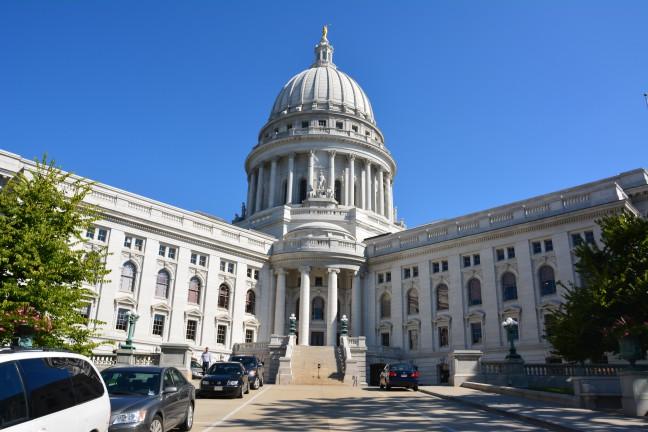Everyone who has ties to the University of Wisconsin has heard about Gov. Scott Walker’s proposed budget cuts and what they might mean. The budget cuts have undoubtedly been the “hot topic” since they were first announced — the circulating opinions and beliefs have been debated from every angle of the political spectrum. I have personally heard many people try to both defend them and condemn them, along with every other judgment in between. Regardless of one’s political stance on proposed budget cuts, it is undeniable this proposal will have, and is already having, unforeseen impacts on UW.
Just recently, the Board of Regents approved tuition increases for both non-resident and some graduate students. This move is one way the UW System is preparing for the steep $300 million budget cuts. The tuition increase was met with student opposition even before the motion had been approved. However, these changes and subsequent backlashes were to be expected. In a recent turn of events, it has become clear that these budget cuts already have been impacting UW.
UW has the reputation of being a world-renowned research institution, and that has only been made possible through the professionals that work for and associate themselves with the university. When news of the budget cuts began to circulate, so did whispers of layoffs and alterations to existing programs. What wasn’t necessarily expected, however, was for the proposed budget cut to negatively impact the university before it was put into effect.
In the beginning of February, two professionals UW sought to hire turned down the offers, either citing the budget cuts or funding concerns in their rationale. One position UW hoped to fill was a faculty chair in the nursing school and the other was the director of the Carbone Cancer Center. Along with that, fears for the future of the university were mentioned. Even in the beginning stages as a proposal, the budget cuts are already taking their toll on UW.
Charles Roberts, who is currently a medical researcher affiliated with Harvard and was the top candidate for the position as director of the Carbone Cancer Center, turned down the position because of worries associated with future funding. With the current financial situation, Roberts voiced concern that he would not be able to facilitate the research he wished to conduct and that the Carbone Cancer Center itself might be at risk.
In a situation such as this, it is hard to say exactly what the correct course of action is, especially for anyone actively working to brace the university for the impending cuts, which have yet to be cleared by the state Legislature. Regardless, seeing these effects so soon is saddening and worrisome. If this is the price UW is already paying for the proposed budget cuts, then what does the future hold for not only this university, but all of the other schools in the UW System as well?
No matter their political stance, every individual associated with UW is at risk of feeling the effects of the proposed cuts. Not only will this personally affect a large portion of the student body, but it will create ripples beyond the scope of just the students and faculty here at UW. For the most part, these budget cuts will not be advantageous to the UW System, and this is being seen before these cuts have been put into effect.
UW faces a sad reality as it prepare for cuts, and many people are afraid we will only be seeing more negative impacts as this proposal progresses. As Chancellor Rebecca Blank stated, these losses to the nursing school and the Carbone Cancer Center are “only the first of many casualties” of the proposed budget cuts.
Hannah Fricke ([email protected]) is a sophomore majoring in microbiology.








